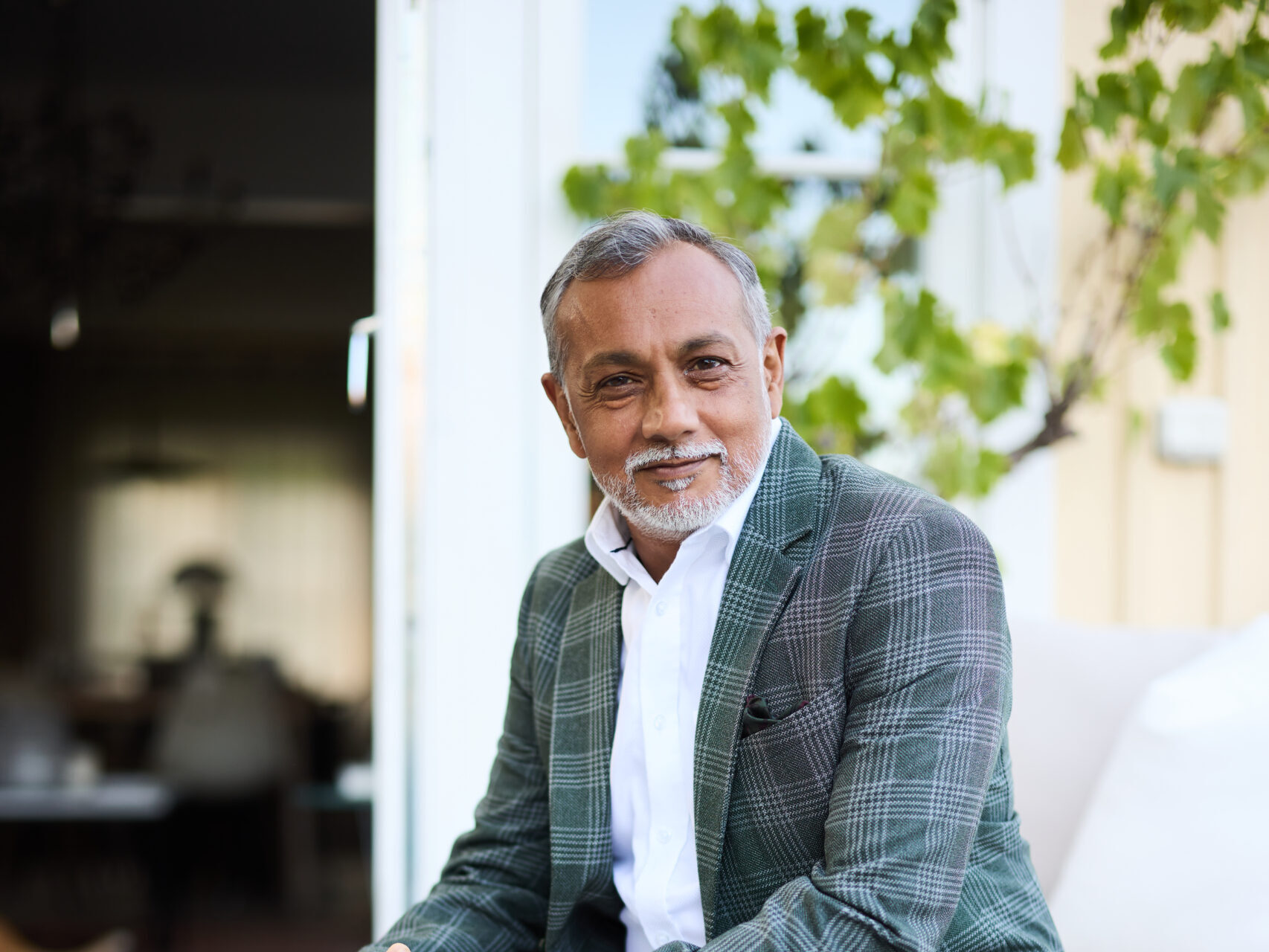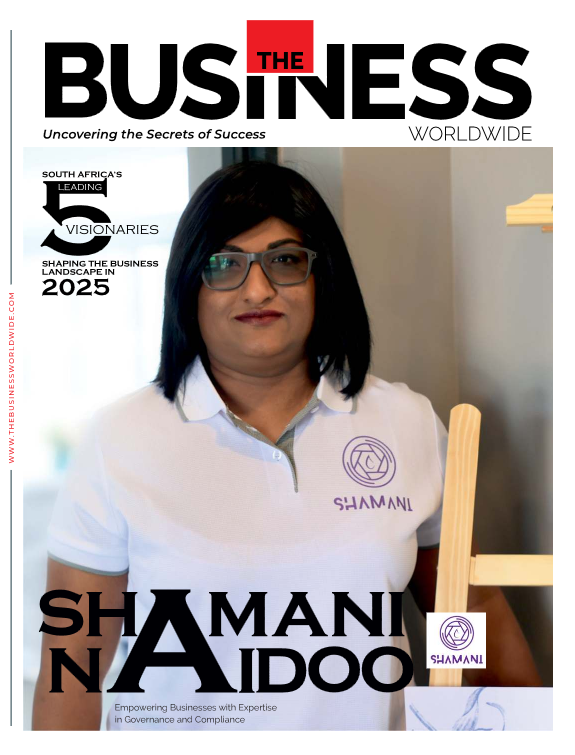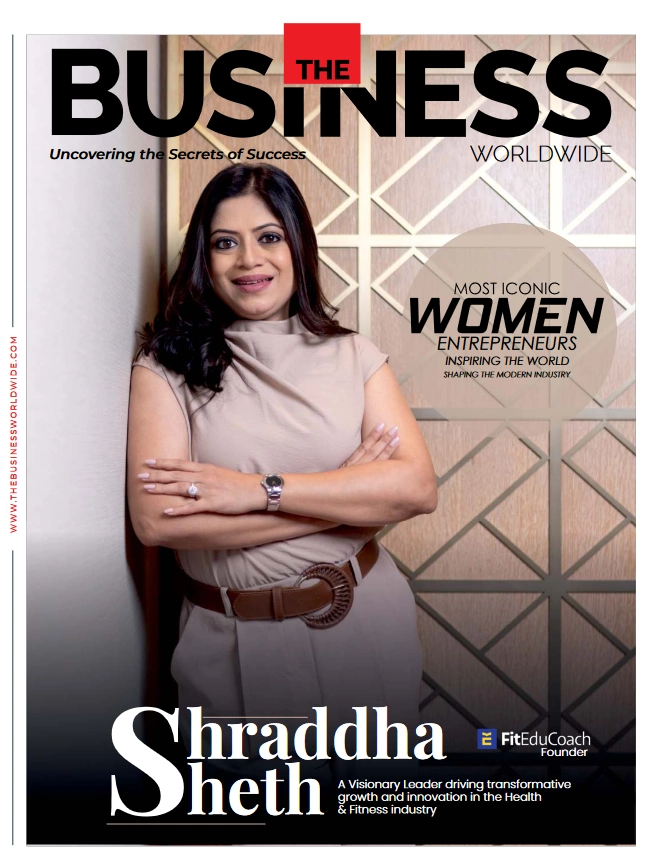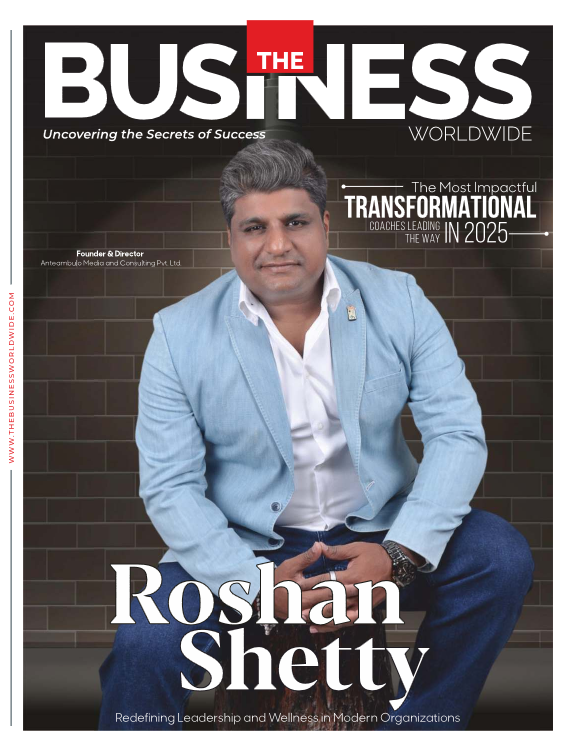The medical devices industry plays a pivotal role in modern healthcare, significantly impacting patient outcomes and overall health system efficiency. This industry encompasses a wide range of products, from simple bandages to complex imaging systems and life-saving implants. Medical devices are crucial for diagnosing, monitoring, and treating various health conditions, thereby improving the quality of life for millions of people worldwide.
Moreover, the industry is a major driver of innovation, with substantial investments in research and development leading to continuous advancements in medical technology. These innovations not only enhance patient care but also contribute to reducing healthcare costs by enabling early diagnosis and less invasive treatments. As the global population ages and the prevalence of chronic diseases rises, the demand for advanced medical devices is expected to grow, further underscoring the industry’s importance.
As a leading name in the industry, Kashif Ikram, Vice President Europe, MicroPort has had an unconventional medical device career because he did not stay in one specific therapy area. He has worked with orthopedic implants and instruments, monitors that measure the amount of blood your heart is pumping, radiation therapy for cancer patients, replacement heart valves, Stents for the brain & heart, and even skin-harvesting products. This diversity of experience has often given him an edge over others when building a business strategy or go-to-market approach.
Stumbling upon His Niche
As a youngster in school, Kashif was drawn towards biology as well as design and technology. He split his time between the biology laboratory (learning about respiration) and the workshop (learning to form metal and plastic materials). Back then, he did not know how to combine his two passions. That all changed when he discovered the medical device industry via the Orthopaedic business.
“These people were talking my language, specialty plastics and alloy implants combined with human anatomy, infection control, and fluid dynamics. After a stint launching Hip and knee replacement, I surprised my colleagues by moving into the Intensive care and Anesthesiology world,” reminisces Kashif.
Here he helped introduce to the world minimally invasive monitoring of heart performance. After that, he switched again and launched a heart valve made from a metal frame and bovine tissue. Before he became too comfortable in that world he upped the challenge again, this time moving into the keyhole surgery world where he helped launch many technologies that moved surgery from open to minimally invasive procedures. From hand-held laparoscopic instruments, it was a natural progression to robotic-assisted surgery for Prostate, Kidney, Gynecological, Lung, and Abdominal cancers and even hernia repair.
“Introducing surgical robotics is very challenging, not just from a surgeon acceptance point of view but also from a regulatory, safety, and cost perspective. Microport® ®´s Medbot Toumai® is the 4th Medical Robot I have not commercialized,” shares Kashif.
A Leading Medical Device Company
Since its foundation in 1998, the MicroPort® team has been driven by its mission that patients everywhere should enjoy better and longer lives. This motivates everyone in the company to push boundaries and accelerate access to life-changing medical devices and technologies for all. Every innovation the company creates, like a heart stent, surgical robot, or orthopedic implant is designed with healthcare professionals’ needs in mind and a focus on improving the patient´s healthcare outcomes.
“We are committed to mastering the details that truly make a difference in patient care worldwide and the company attracts like-minded people from all around the world. We are proud of the fact that every 5 seconds, a patient somewhere in the world benefits from a Microport Medical product,” says Kashif.
Microport operates in multiple international markets across multiple fields, including orthopedics, cardiovascular intervention, cardiac rhythm management, electro-physiology, endovascular, and peripheral vascular intervention, among others. Team Microport believes that it is the little details that make life special. That’s why they are relentless in perfecting every detail of their medical technologies.
The Underlying Challenges and Hidden Opportunities
Multiple challenges face the medical device industry in its relentless pursuit to finding solutions to the healthcare challenges. AI and digital are touching every aspect of our lives and healthcare is also embracing the advantages this can bring. For example, logistics and planning AI can help better schedules or timetables, drive efficiency, and remove costs. Video and voice analyzing software can write up patient notes and disseminate them to the clinicians who need to see them. AI can help clinicians see lesions and diseases not easily picked up by the human eye and AI can even read thousands of pages of clinical publications to find the right diagnosis and potential treatment.
“We are seeing a revolution today and surgical robotics is on the cutting edge of this revolution,” says Kashif.
Another serious challenge that he feels deeply about is democratizing healthcare across the world. How do we bring the best technology and optimal healthcare practice to every corner of the globe? A key measure of how developed we are as a human society is how we help the sickest. poorest and weakest in our world. He joined Microport as it is clearly a leader in bringing technology to all who may need it.
Another key challenge, shares Kashif, is how we pay for our healthcare. As new technologies are introduced, we must ensure that with increasing costs we significantly increase outcomes and efficiencies. This is known as value-based healthcare, where the monetized value is greater than the increasing cost.
Speaking about opportunities, Kashif feels that surgical robots are very under-penetrated in the market and dominated by just a few companies. There is a great opportunity to spread the technology to more hospitals and help more patients. In addition, there are more procedures where robotics can add value through automation or accuracy. And of course, AI will have a huge impact on improving patient outcomes, reducing the burden on healthcare workers making things more efficient, and reducing costs.
“Future transformation in medical care will be driven by data, information, and its processing. Surgical robotics` evolution is often benchmarked against the passenger airline industry or the self-driving car industry,” he says.
At the Forefront of Technological Advancements
As Microport celebrates its 26th anniversary this year, the team reflects on a remarkable journey marked by innovation, perseverance, and global impact. Over the past 26 years, they have continually pushed boundaries and advanced access to life-changing technologies. With a steadfast commitment to research and development, a diverse and dedicated global team, and an expanding global presence, they see a promising path forward. One that addresses the most challenging healthcare issues, while allowing them to explore ways to impact more lives every second so that patients everywhere can continue living better and longer lives.
Microport’s conglomerate of associated companies shares resources and expertise while retaining independence and agility to innovate in close partnership with healthcare professionals and medical communities. They relentlessly pursue excellence and are uncompromising where quality is concerned. In all aspects of their businesses, they are passionate in their pursuit of the highest standards and the implementation of a continuous improvement strategy.
“We demonstrate imagination and a pioneering spirit that makes Microport a leading innovator in our industry. Our insights and knowledge are quickly and efficiently applied to maximize physician and patient benefits. Take for example our stable of Medical and surgical robots, nobody has a portfolio as broad as ours working in diagnostics, General, and Orthopedic surgery,” asserts Kashif.
Focusing on Research, Development, and Innovation
Microport deeply understands that its products are directly related to patients’ lives, and even the slightest deviation could cause a significant impact. Because of this, the teams at Microport work relentlessly to master every detail of medical technologies so that patients everywhere can enjoy better and longer lives. That’s their purpose, and it’s how they remain true to their beliefs and committed to the core values they uphold. These principles are essential to the relationships they build with their partners and customers. And it’s evident in every detail of their workday.
In the medical device industry, innovation is essential, and for innovation to thrive, a leader has to develop the right culture, look at the flexibility of how and where their people work, remove barriers to efficiency embrace digitalization, and have inclusion that shows care. Volatility has increased in all markets and innovation and creativity are often the best way to ride out the waves, or even become the disruptor in one’s space. And the more volatility the quicker the leader must change.
Leaders drive this momentum, through transparency in information, a lot of communication that builds trust, and they create clear goals and aspirations. They must invest in people and keep them engaged, and challenged even. It´s important to focus their team on being solution-focused and not become entrenched in the problems.
“The secret sauce though, let’s keep this just between us, is empowerment. When you hire the right people and empower them to be creative, that is when you see the magic happen. Because people often know what needs to be done or know how to solve major challenges, they simply need to be given permission, provided with resources, and released into safe environment. It is so motivating for people when they realize, they did it themselves, it inspires confidence that drives further creativity. Happy, successful creative people are a lightning rod for others and therefore force multipliers to your business. If people have left your team and gone on to do great things, I suggest you do some self-reflection on your leadership style,” advises Kashif.
Encouraging Diversity and Inclusion
Diversity and inclusion are subjects Kashif is very passionate about and spends a lot of time reflecting on. In healthcare, it’s a must that one brings all the talent to the table and hears everyone’s thoughts and ideas. Kashif has a 4-point model: Think Inclusion, Hire Diversity, Develop Culture, and Retain Diverse Talent.
Elaborating on this model, he says, you must first think about inclusion, foster a culture, educate leaders, and remove fear from the organization. Uncover unconscious bias, become mindful. Then hire diverse talent and find ways to attract them to your organization, ensure your selection process encourages diverse candidates. Ensure recruiters send you a variety of candidates. However, when you have them on board ensure their needs are being met and their diversity celebrated. Ensure this talent is learning and developing, integrating seamlessly into your organization. Enable learning and diversity to spread through your organization. Finally, once you have high high-functioning diverse team, retain it. Track attrition and segment the data you get in employee surveys on diverse parameters. This can be very insightful and lead to breakthroughs previously not tapped.
“However,” adds Kashif, “you must set up the right metrics for your company’s inclusion drive and hold leaders accountable. At the end of the day, you cannot improve what you do not measure!”
A Message for Aspiring Entrepreneurs and Business Leaders
Kashif would like to suggest everyone to join the medical device industry. Along with his friend Silke Riemer, he has launched a Podcast called “Our MedTech Lives” available on YouTube.com. In this podcast veterans of the industry come and talk about their careers, the challenges they overcame, and the successes they fondly remember. It’s a lot of fun and very inspiring. This podcast started from work his friends and he did for St Gallen University in Switzerland introducing the Medical Device industry to their students.
“The medical device industry is highly rewarding and challenges you every day, however, think about this, no matter what job you do, logistics, accounting, R&D, or sales at the end of the day you are helping somebody’s child to be pain-free, somebody´s parent to live longer and somebody´s sibling to be cured of their cancer. What could be more motivating or rewarding than that? It’s what gets us out of bed in the morning,” concludes Kashif.
“Microport is a global medical devices company, founded on the belief that every person has the right to high-quality medical treatments and to live better and longer lives.”




